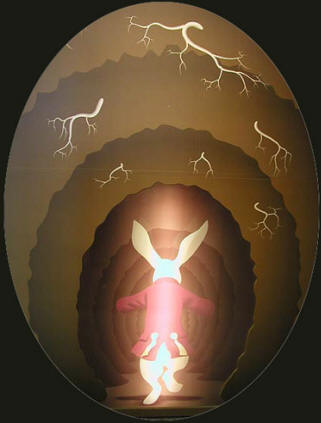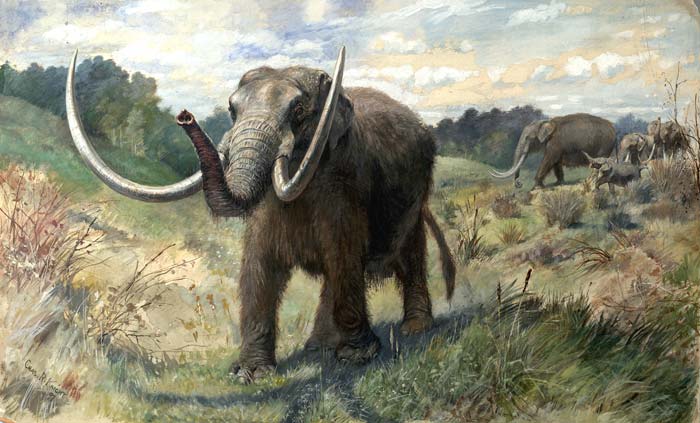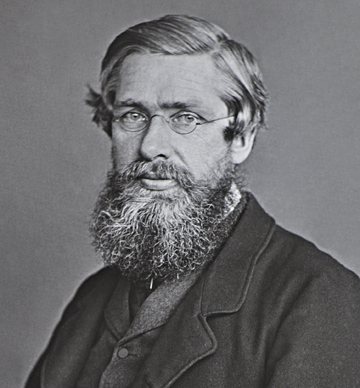ID author Don Johnson on US West Coast speaking tour
Don Johnson, author of Probability’s Nature and the Nature of Probability, will be on a speaking tour: A West-Coast fall tour starting in the Northwest on Oct 22, ending in Southern California on Dec 6 (with an Arizona excursion Nov 14-17). More details will be available when the “Programming of Life” DVD is released around Aug 1. More. Don Johnson has earned Ph.D.s in both Computer & Information Sciences from the University of Minnesota and in Chemistry from Michigan State University, was a senior research scientist for 10 years in pharmaceutical and medical/scientific instrument fields, was an independent computer consultant for many years, taught 20 years in universities in the US and Europe, and since “retiring,” has done consulting, speaking Read More ›




